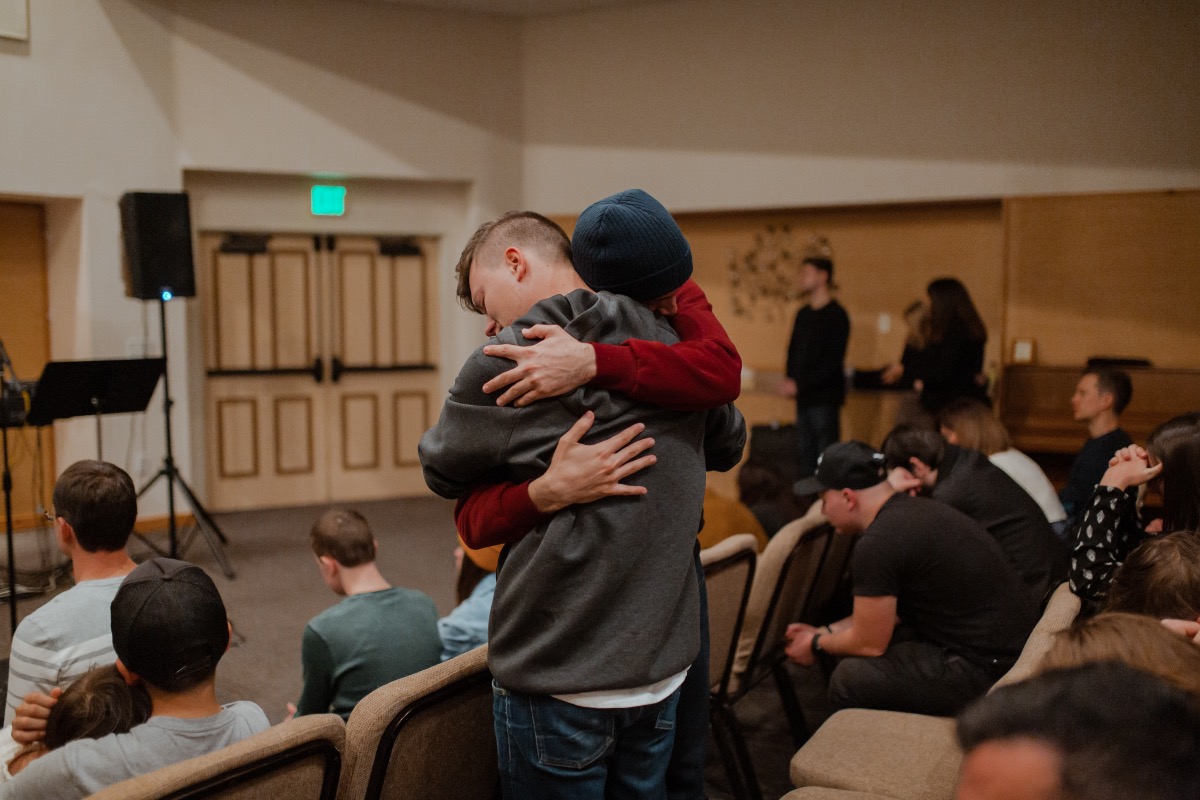
Treatments for mental health and substance use disorder (SUD) often involve a combination of individual and group therapy components. Individual therapy interventions have patients work one-on-one with a trained mental health professional to overcome personal issues. Individual therapy is important because it encourages patients to build a rapport with their therapist so that they can learn important life and coping skills.
Group therapy interventions, on the other hand, allow patients to feel a sense of community through shared experiences. Social support is one of the most important facets of successful treatment and recovery, which makes group therapy an invaluable asset in treatment.
Some people wonder if treatment and recovery can be as successful without engagement in group therapy. Individuals may feel as if they are not ready to socialize or share their experiences in a group setting, while others may view group therapy as just another grueling task on their treatment “to-do” list. However, group therapy encourages necessary connections with others, even when connection may seem impossible. Therefore, it is essential to understand why group therapy must be viewed as an essential component of long-lasting treatment and recovery.
Group therapy provides essential social support for those in addiction recovery.
One of the most notable benefits of group therapy interventions is that they provide an opportunity for social support. Often, the consequences of mental health disorders and SUD can drive away loved ones, especially close family and friends. They may hope that building a wall in their relationship with the person struggling with SUD will motivate them to achieve sobriety and lasting recovery. Similarly, individuals seeking recovery often feel isolated and lonely after choosing the path of healing and will likely lose friends during their recovery journey.
During these times of loneliness and confusion, group therapy becomes a valuable resource in providing social support. Social support not only facilitates treatment entry but also long-term treatment engagement. Nearly all individuals who attend group therapy are in search of healing, encouragement and recovery. Therefore, it should be promoted as a warm, welcoming and non-judgmental environment.
Group therapy in addiction recovery calls for introspection.
Another benefit of group therapy is that it encourages introspection. Introspection is the conscious observation of one’s mental and emotional state. It brings attention to personal judgments, beliefs, biases and knowledge.
Group therapy sessions promote an open and honest space where participants can share their personal experiences. When a person practices active listening as another participant shares a story, their brain consciously processes the information being shared in its own unique way. The brain is wired to make connections based on personal experience, so as someone shares their story, a listener can be consciously aware of how that participant’s story relates to their own experience.
Another factor that makes introspection as significant as it is during group therapy is perspective. As every person experiences life through a unique lens, no two people would explain or even experience the same story in the same way. Similarly, listening to how other people navigate their own life challenges can help paint a new perspective for participants.
Group therapy offers critical encouragement.
Healing from mental health conditions and SUD can seem discouraging at times. As recovery is lifelong, there will inevitably be bumps in the road. Group therapy offers a valuable opportunity for encouragement, both for promoting and receiving it. More than likely, individuals who attend group therapy sessions need encouragement. In general, most humans rely on encouragement to keep going, and this is an especially important component of addiction recovery.
There are several ways that one can experience encouragement during group therapy sessions, including:
- Emphasizing the importance of celebrating victories, both big and small
- Providing a sounding board for individuals to talk through their own struggles
- Believing that recovery is possible by listening to first-hand accounts of those who have overcome their hardships
- Learning that no one is ever truly alone in their emotional distress or associated experiences
- Offering advice or empowerment to others who are experiencing something that one has recently overcome
Group therapy facilitates collective healing in addiction recovery.
We are living in unprecedented times. No matter what someone is going through, group therapy offers the opportunity for collective healing. Although most people utilize group therapy as a way to heal from personal hardships, there is always a bigger force at play. Being a part of a therapy group can foster a necessary sense of community. Watching and encouraging group therapy participants to heal can have a profound impact on the well-being of the community as a whole. After all, humans are not meant to experience life alone. Everything becomes easier when those in recovery have a shoulder to lean on for support.
Associated Behavioral Health Care (ABHC) is a comprehensive mental health and addiction treatment facility that acknowledges the many benefits group therapy provides for both treatment and recovery. We offer in-person group therapy opportunities as well as online telehealth groups. We believe that everyone should have the opportunity to engage in group therapy. To learn more about our treatment services, call (844) 335-7384.
